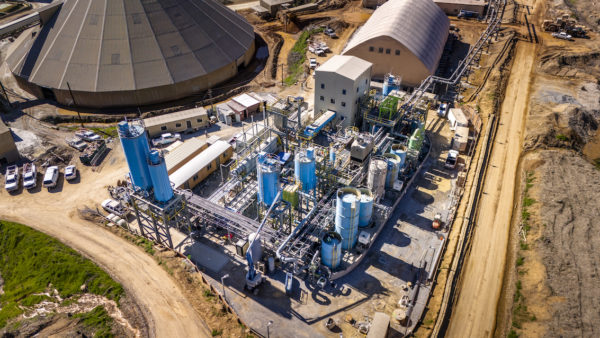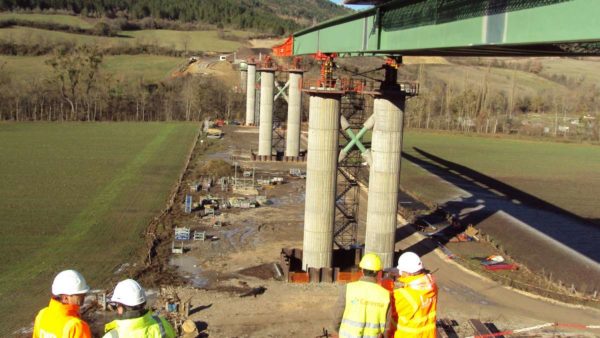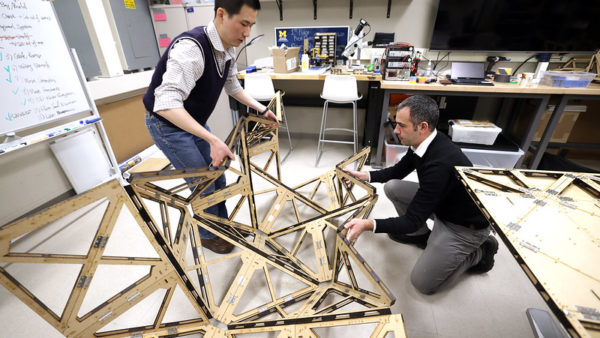Researchers at the University of British Columbia (UBC) conducted side-by-side comparisons of recycled and conventional concrete in a building foundation and a municipal sidewalk, finding that the recycled concrete had comparable strength and durability after five years in service.
The study conducted by UBC Okanagan’s School of Engineering also found that the recycled concrete had a higher rate of compressive strength after 28 days of curing, while maintaining a greater or equal strength during the five-year period.
Crushed concrete replaced natural aggregate in the study’s recycled material. Recycled concrete is not widely recognised by international standards owing to its high porosity, a lack of reliably consistent sources, and a lack of field studies.
But as a result of this study, researchers said recycled concrete could be a 100% substitute for non-structural applications, and could start being a substitute for structural applications with improvements in the composition of recycled concrete.
They added that the study can serve as a basis for updating the standards in Canada, which produces nine million tonnes of construction and demolition waste a year.
"We live in a world where we are constantly in search of sustainable solutions that remove waste from our landfills," said Shahria Alam (pictured), lead investigator. He added that construction and demolition waste make up some 40% of the world’s waste.
"A number of countries around the world have already standardised the use of recycled concrete in structural applications, and we hope our findings will help Canada follow suit.
"Typically, recycled concrete can be used in retaining walls, roads and sidewalks, but we are seeing a shift towards its increased use in structures."
The study is published in the journal, Construction and Building Materials.
It was funded by the Natural Sciences and Engineering Research Council of Canada, OK Builders Supplies Ltd. and KonKast Products Ltd. through a Collaborative Research & Development grant.
Image: Dr. Shahria Alam, co-director of UBC’s Green Construction Research and Training Centre and the lead investigator of the study (Photograph courtesy of the University of British Columbia press office)
Further reading:










